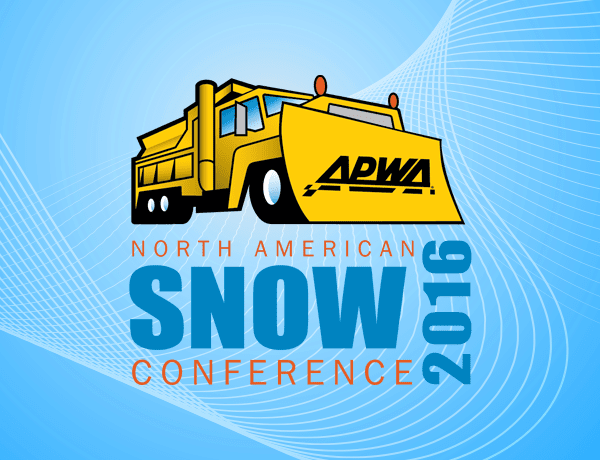Video
The City of Farmington Hills is conducting a pilot program using goats for vegetation management. Volunteers manage the goats which have become a mascot for the Public Services Department. Examine the project’s challenges, the relationships built, and the cost benefits and effectiveness for using goats in this way.
Read MoreEndorsed by APWA's Engineering & Technology Committee
Five years ago, APWA challenged the Minnesota Chapter to address infrastructure neglect by modeling America 2050 on a state level. MN2050 has created videos that show the complexity and importance of infrastructure, developed a STEM initiative to work with educators, and this year, they are tackling a statewide grassroots effort at party caucuses to influence policy and budgets.
Read MoreThe City of Columbus’ citywide mobility plan, Connect Columbus, integrates automobile, bicycle, pedestrian and transit networks while taking into account freight, emergency services, and accessibility. Collaborating with multiple groups, the plan takes a Complete Streets approach where investments must serve the larger goals of neighborhood vitality, health and safety, equitable access, economic development, and sustainability.
Read MoreExamine case studies about how Regenerative Stormwater Conveyance (RSC) systems provide effective end-of-pipe treatment in an otherwise constrained linear environment. RSCs are becoming more widely used in the Southeast and Mid-Atlantic reducing nutrient and sediment loads, especially for first flush events.
Read MorePlanned and hosted by APWA's Leadership and Management Committee Have you ever asked yourself the question – do I want to aspire to be a leader in my organization or my professional association. If so, then this interactive learning opportunity is for you. Come and hear from those that have been involved at various leadership levels in both their own company/agency or at the local and/or national level of APWA.
Read MoreDirect Liquid Application (DLA) is the application of snow and Ice liquids directly to the pavement in lieu of or in addition to the placement of rock salt. The Ohio Department of Transportation will present their usages and the advancements they have had in this process over the past 6 years.
Read MorePreparation, Execution and Post Operations. This session will recount actual solutions to the trials and tribulations endured during the blizzard of 2014-2015 and how they were handled with minimal modifications to our overall snow operation.
Read MoreKeeping your snow-fighting equipment in top shape is a continuous process that begins when the last snow of the season has fallen.
Read MoreAn astronaut since 1996, Scott Kelly's achievements over his illustrious 20-year career with NASA earned him the coveted position as America's first year-round astronaut. On his historic mission that spanned from March 2015 to March 2016, Captain Kelly and Russian cosmonaut Mikhail Kornienko conducted experiments, reconfigured station modules, and captivated the world with live interviews and never-before-seen photos from the International Space Station.
Read More